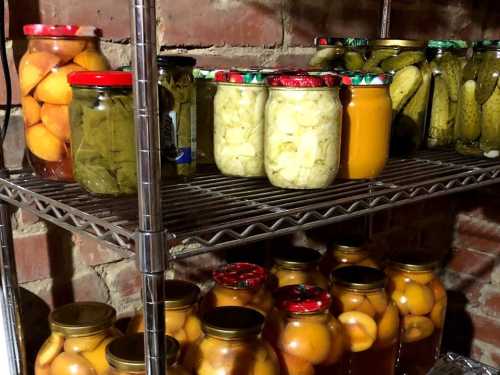
Scientists have discovered that a natural substance from maple trees can inhibit the growth of bacteria that cause tooth decay. It's a compound called epicatechin gallate, which is found in maple wood and sap, as well as in green and black tea. According to a study published in Microbiology Spectrum, this component disrupts the enzyme of the bacterium Streptococcus mutans, making it harder for the microbes to attach to the surface of teeth and form plaque.
The connection was discovered by chance: while studying Listeria bacteria, researchers noticed that they formed almost no plaque on maple surfaces. This led to the isolation of maple polyphenols and testing their effects on related bacteria, including S. mutans, which is considered one of the main causes of tooth decay.
In experiments on artificial teeth and disks made of hydroxyapatite, a tooth enamel analogue, epicatechin gallate significantly reduced plaque formation. What’s more, it was more effective than a similar substance from green tea, which is already used in dental products.
The authors of the study believe that adding epicatechin gallate or other edible polyphenols to mouthwashes and toothpastes could be a safe alternative to traditional products, especially for children who are at risk of swallowing regular mouthwash. This approach does not kill bacteria directly, but prevents them from attaching to teeth, which reduces the risk of cavities without side effects.






